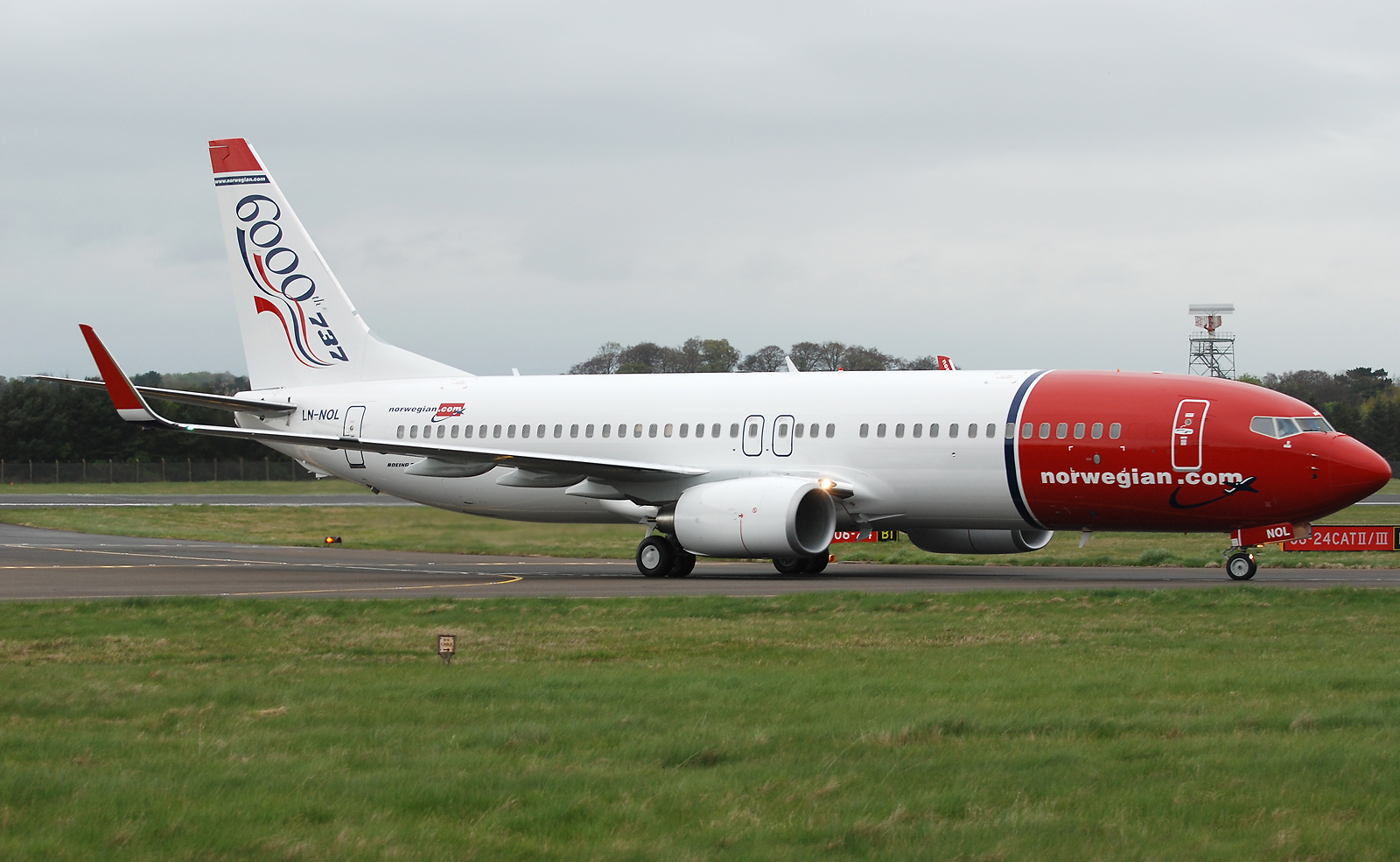
WASHINGTON—In a case that has labour and trade policy implications, the Obama administration on Tuesday rejected a request that would have immediately permitted a low-cost air carrier to begin flights between the U.S. and Europe while the government is still reviewing its application for new service.
The Transportation Department turned down a request by Norwegian Air International that would have allowed the carrier to offer new service between London’s Gatwick Airport and New York, Orlando, Florida, and other U.S. cities. Officials for the airline said they hoped to charge as little as $150 each way. Such exemptions are usually granted European carriers under a U.S.-European Union aviation agreement.
Norwegian Air International is a subsidiary of Norwegian Air Shuttle, a low-cost carrier founded in 1993 and headquartered in Fornebu, Norway. The parent company has 417 routes to 126 destinations. Most of those routes are in Europe, North Africa and the Middle East, but it also flies some long-haul flights to the U.S. and Southeast Asia.
Its subsidiary, Norwegian Air International, plans to register its planes in Ireland, an EU member, to take advantage of the U.S.-EU treaty that extends many privileges granted domestic carriers to each other’s airlines. That also would make Ireland responsible for the airline’s safety oversight even though the carrier hasn’t announced any plans to fly into or out of Ireland. The airline also plans to hire flight crews through a Singapore hiring agency and base them in Thailand.
U.S. airlines and pilot unions in the U.S. and Europe vigorously campaigned against the exemption, saying Norwegian Air International would set a dangerous precedent by driving down wages and undermining the ability of U.S. airlines to compete in the global market. Ed Wytkind, head of the AFL-CIO’s Transportation Trades Department, recently accused Norwegian Air of trying to “usher in a Walmart-style race to the bottom for cheap labour.”
Critics also questioned the ability of Irish authorities to safely oversee planes and pilots that are only available at distant locations. Dozens of members of Congress signed letters to the Transportation Department opposing the exemption.
Norwegian officials, however, have said the large airline mergers and establishment of global airline alliances in recent years have undermined competition and created great pent-up consumer demand for the cheaper air travel.
Norwegian Air Shuttle said in a statement that the Transportation Department’s decision wouldn’t affect its existing U.S. flights, and it urged the department to quickly approve its subsidiary’s application.
Calling the case “novel and complex,” Transportation Secretary Anthony Foxx said in a statement that the department doesn’t believe the exemption “is appropriate or in the public interest.”
But airline industry analyst Robert W. Mann Jr. said the opposition to Norwegian’s proposal is “the business equivalent of Chicken Little and the sky is falling.”
“This is no clear evidence of what people are concerned about actually having happened,” he said.